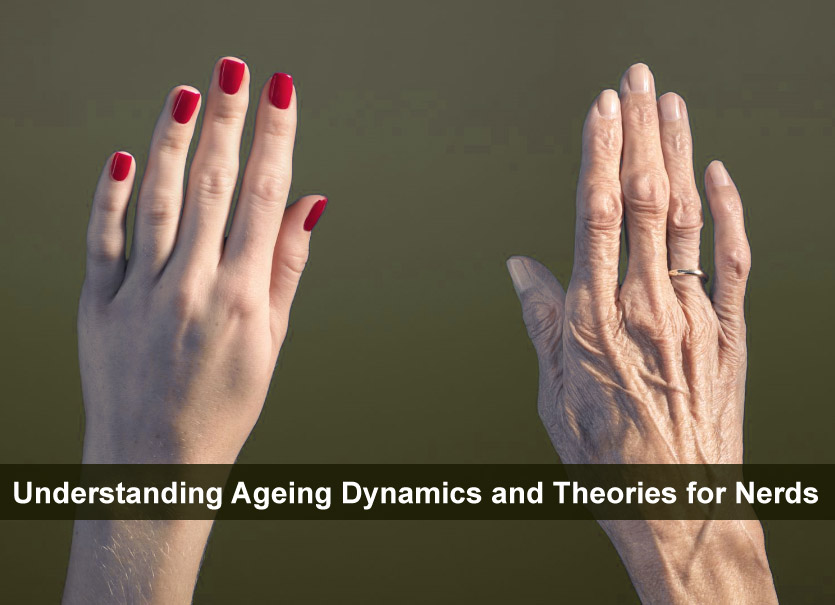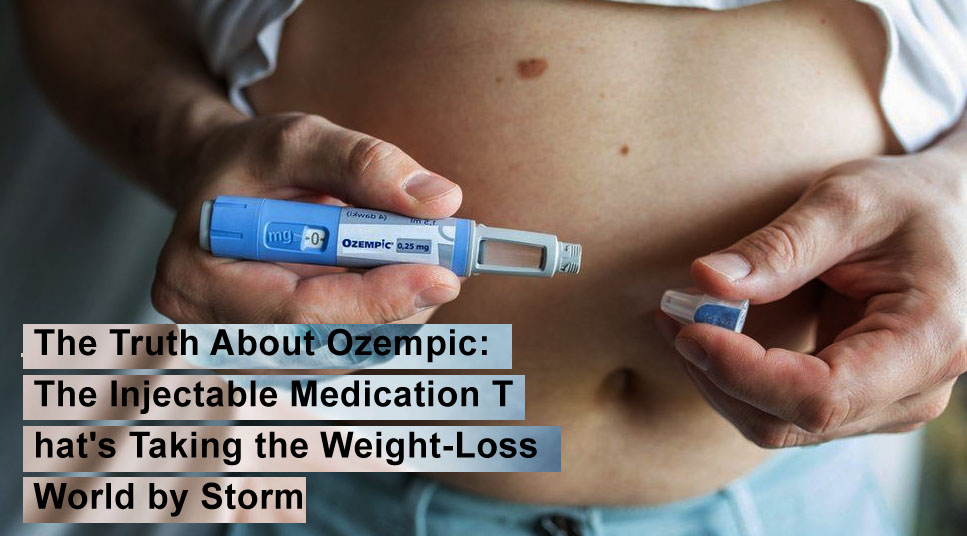Understanding ageing dynamics empowers us to manage the ageing process masterfully and to potentially prevent it.
“I believe that ageing is a disease. I believe it is treatable. I believe we can treat it within our lifetimes. And in doing so, I believe, everything we know about human health will be fundamentally changed.”
Read : Exercise May Keep Skin Younger And Reverse Skin Aging, Says New Study
Perhaps the most puzzling problem in life is that we’re biologically programmed to degenerate and die. Disease isn’t inevitable, though death is. But why do we wear out and expire? How come cells can’t continue to replicate and wastes eliminate eternally?
Why do some people age faster than others? The study of ageing, or gerontology, is making new discoveries daily about how to have an optimal lifespan and healthspan. Understanding ageing dynamics empowers us to manage the ageing process masterfully and to potentially prevent it.
Read : Age stress no more!
External and internal factors contributing to ageing are related to physical damage and cell programming. Dr David Sinclair, author of Lifespan: The Revolutionary Science of Why We Age — and Why We Don’t Have To, feels that the key cause of ageing is that cells lose their identity because they lose their information stored on the epigenome, our cellular software. Overlapping factors feeding the ageing process include evolutionary, biochemical and genetic aspects.
Ageing aspects for nerds
Neuroendocrine theory — Also known as the “ageing clock theory”, this was proposed by soviet physician Vladimir Dilman. It states that, “The effectiveness of the body’s homeostatic adjustments declines with ageing, leading to the failure of adaptive mechanisms, ageing, and death.” An example is menopausal hormonal changes making women more susceptible to osteoporosis. Gene theory — Epigenetics ascertain that genes that accelerate ageing and disease can be switched on due to many factors such as diet, drugs, lifestyle and stress. For example, if you have a family history of lung cancer and you smoke, you may turn on this lung disease tendency.
Read : Exercise, Bike Riding and Prostate Health
Immunological theory — Declined immune response results in disease and death.
Wear and tear theory — Damaged cells are dysfunctional.
Genome instability theory — DNA damage over time inhibits the cells’ ability to repair, just like a scratch on a CD.
Cross-linkage theory — Accumulated cross-linked proteins damage cells as well as physical functions.
Rate-of-living theory — This theory proposes that one’s metabolic rate influences ageing and longevity.
Free radical theory — Oxidative stress creates cellular damage.
Mitochondrial theory – When the cell’s powerhouse or mitochondria is suboptimal, they produce free radicals which contribute to ageing damage via oxidative stress.
Telomere theory — Chromosomes have tips called telomeres which are essential for cell replication. When these shorten or expire, this causes cell senescence — cellular inability to replicate or die. Our telomere length is determined by genetics, life experiences, psychosocial and lifestyle factors. Programmed senescence theory — Cells lose their ability to replicate but don’t die for many reasons.
Read : The Four Categories of Ageing and How to Slow Biological Ageing
Stem cell theory — Reduced population and power of stem cells over years inhibits our ability to regenerate.
Longevity gene theory — Certain genes such as Forkhead box protein O3 (FOXO3) are thought to promote juvenescence, or youthfulness.
Mutation accumulation — This proposes that random destructive cell changes occur as we grow older.
Antagonistic pleiotropy — In this standard view, ageing exists because the benefits of enhanced fertility early in life are linked to the long-term deterioration of the body, according to researcher Josh Mitteldorf. Disposable soma theory — Reproduction drains energy for regeneration.
Advanced glycation end products (AGEs) — Age is said to accelerate when lipids or proteins are exposed to sugar, creating oxidative damage.
Heat shock response — Youth-giving heat shock proteins are thought to become less active as we age.
Damage accumulation — Standard chemical processes produce damage to cells.
Loss of proteostasis — Damaged proteins can clump or lose their ability to carry out cellular processes.
Deregulated nutrient sensing — Excess nutrition, such as occurs with diabetes or obesity, reduces cells’ ability to regulate cellular functions.
Altered intercellular communication — Cellular capacity to send and receive messages is affected as we age. This can increase inflammation and inhibit immunity.
Read : Foods that accelerate your aging process via advanced Glycation end products




